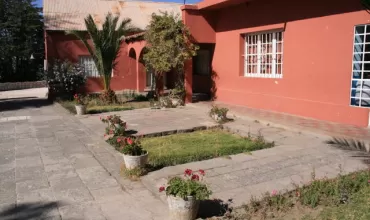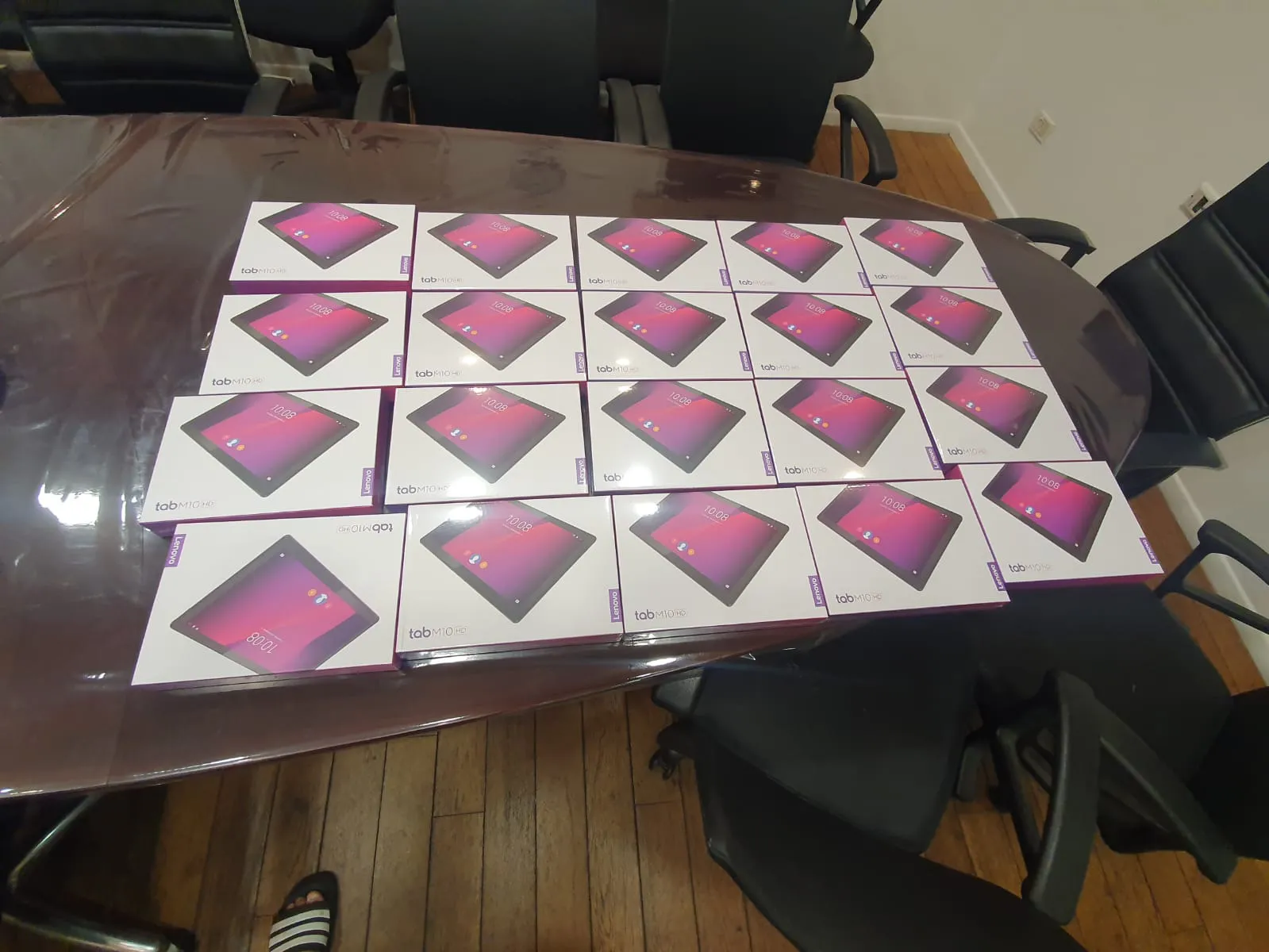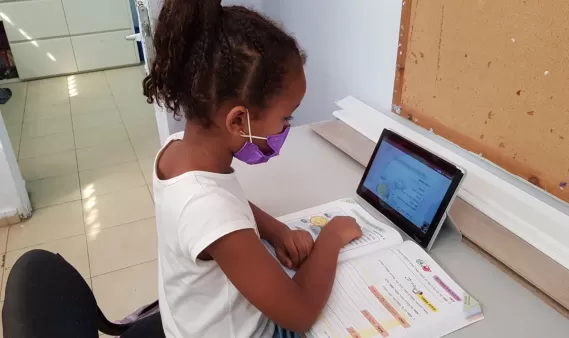
The HE Space Children's Foundation continues to support the Jaffa Institute this time with computers to facilitate individualized software-based learning for disadvantaged youth.
The Jaffa Institute operates in some of the most deprived and poverty-stricken areas in Israel where an unfortunate 50% of the population lives below the poverty line and 30% regularly receives local welfare services. These staggering statistics, combined with high unemployment rates, make these areas particularly vulnerable to instances of crime, drug and alcohol abuse, and violence. Moreover, many families experience significant nutritional insecurity. This socioeconomic distress translates into educational gaps, with 53% of the children dropping out of school before completing the 12th grade. Furthermore, with after-school hours being the peak time for juvenile crimes and risky behavior, the lack of supervision during these hours may endanger the safety or future prospects of the children in our service area. These children are in dire need of educational enrichment opportunities and would benefit greatly from educational software targeted to address the gaps in their education.
One of the primary ways that the Jaffa Institute provides underprivileged children with access to high quality education is through our After-School Educational Enrichment Centers.

Thanks to the Foundation’s support, the Jaffa Institute was able to purchase twenty tablets, which are enabling the disadvantaged children who participate in our programming to engage in supplemental learning with educational software addressing their particular learning needs.
Initially, the Jaffa Institute planned to purchase ten laptop computers for those students most in need of this intervention. At the request of the program director, however, we instead used the funds to purchase twenty tablets. With a lower sticker cost, choosing these devices allows more students to simultaneously utilize the critically needed educational software.
These devices are already being used to facilitate individualized software-based learning for the children in our Centers in the impoverished neighborhoods of Jaffa, South Tel Aviv, Bat Yam, and Yehud. For youth in Israel's socio-economic periphery, even the most basic resources remain out of reach. A lack of access to technology hinders their ability to fully absorb and engage with new educational material.
Further, as the world increasingly relies upon technology, digital literacy has become an expectation for most jobs, particularly in Israel where the hi-tech sector has grown tremendously. As such, incorporating tablet devices into the Centers' programming assists the staff in their efforts to break the cycle of intergenerational poverty by equipping participants with the skills and knowledge they will need in their future jobs.


